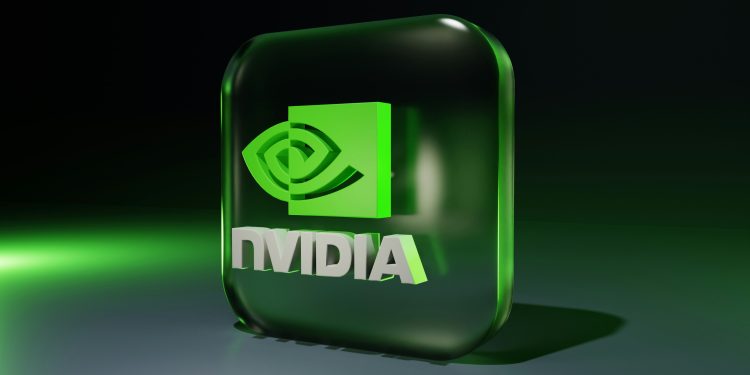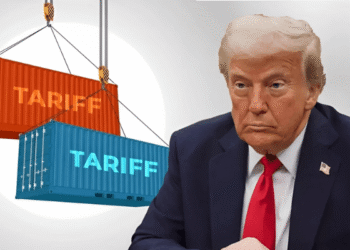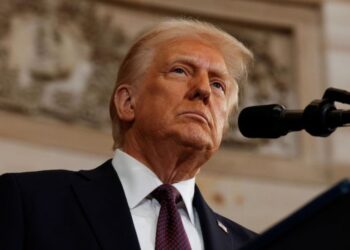Nvidia has confirmed it will restart sales of its high-performance H20 AI chips to China after receiving assurances from the U.S. government that necessary export licenses will be granted. The surprise reversal comes just five months after the Trump administration imposed strict bans over concerns about Chinese military applications, marking a significant thaw in the heated technology cold war between Washington and Beijing.
Developed specifically to comply with 2023 Biden administration export controls, the H20 represents Nvidia’s attempt to balance geopolitical constraints with commercial ambitions in its third-largest market. While technically less powerful than flagship models like the H100, industry analysts note the H20 still outperforms domestic Chinese alternatives by 30-50% in AI training tasks – a critical edge as China races to close the artificial intelligence gap with Western rivals.

Nvidia CEO Huang’s Diplomatic Marathon Pays Off
Nvidia CEO Jensen Huang’s months-long lobbying campaign culminated in pivotal meetings with both Trump administration officials and Chinese government representatives during his current Asia tour. The Taiwanese-American executive reportedly emphasized Nvidia’s $12 billion U.S. investment plans while assuring Chinese partners of continued technological cooperation. This delicate balancing act reflects the semiconductor industry’s precarious position amid escalating U.S.-China tensions, where companies risk losing access to either critical markets or cutting-edge research ecosystems.
The chip sales resumption coincides with broader trade tensions easing, including China’s relaxation of rare earth export controls and U.S. approvals for chip design software firms to resume China operations. Trade observers note the August 12 deadline for a comprehensive trade agreement looms large over these goodwill gestures, with both superpowers seeking leverage in negotiations over $370 billion in reciprocal tariffs reinstated after Trump’s election return.
Why It Matters
While Nvidia regains access to China’s $7 billion AI chip market, analysts warn the reprieve may be temporary. The Commerce Department retains authority to revoke licenses if geopolitical winds shift, and Chinese tech giants like Huawei continue developing competitive alternatives like the Ascend 910B.
For now, the decision preserves Nvidia’s 60% market share in China’s commercial AI sector while avoiding immediate revenue losses that could have jeopardized its $2.3 trillion valuation. As Huang concluded in his Shanghai meetings, “Progress requires both competition and cooperation” – a mantra that may define the next chapter of the AI cold war.

















